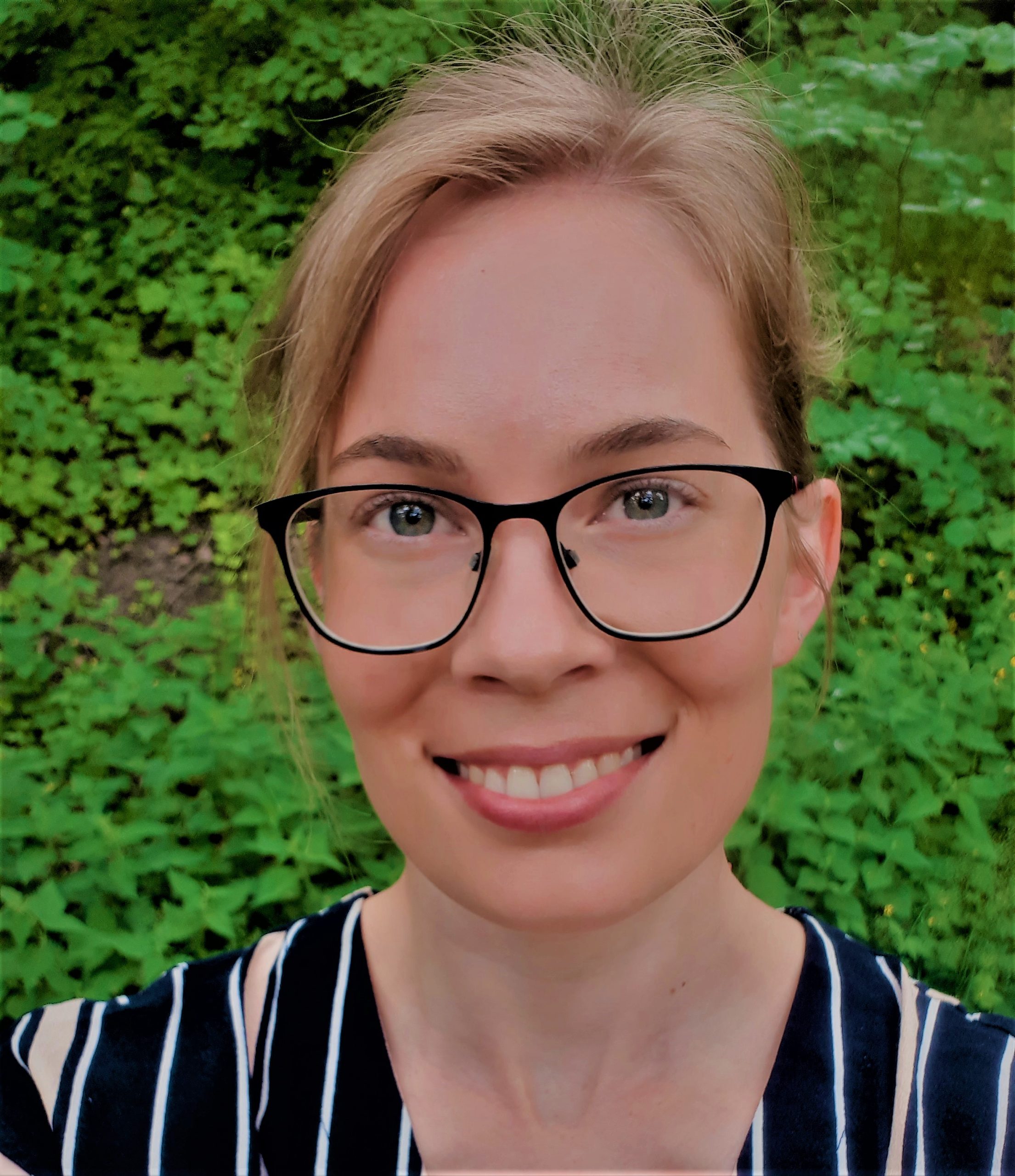Short biography
• 2010 BSc (UTU, Chemistry)
• 2012 MSc (UTU, Natural Compound Chemistry)
• 2016 PhD (UTU, Understanding the bioactivity of plant tannins: developments in analysis methods and structure-activity studies)
Missions
Since my undergraduate studies, I have had one main mission that keeps me endlessly enthusiastic about natural compound chemistry; to better understand how polyphenols are responsible for the positive effects they have on human and animal health as well as environment and how to utilize this information in various polyphenol-based applications. As many of these aspects initially occur from polyphenol-protein interactions, it has naturally become one of my main interests. In addition to basic chemistry, I have been lucky to be involved in more applied research as well; this helps to keep an open mind and to see things in a wider perspective.
One of the most fascinating aspects related to polyphenol bioactivity is their structure-activity relationships. The aim of these structure-activity studies is to be able to predict the activities of yet non-studied compounds based on their structural features. The ultimate goal is to find out the most active plant species without the need to isolate and separately test all of their metabolites for potent bioactivities. To get there, one of course needs to isolate, purify and characterize a large set of compounds to be tested for the desired activities. Similarly, their qualitative and quantitative analysis from plant samples is a prerequisite for understanding their biological functions - an area where there is always room for improvements!
I have always had a strong interest on instruments and all kind of technical work as well, thus, it is no surprise that one of my main missions is to further develop analytical methods for the analysis of various (natural) compounds, their different properties and bioactivities. In addition to methods based on sophisticated instruments, such as LC-MS/MS, it is important to develop methods that are simple to operate and could also be used with limited resources. For example, simple and rather unspecific methods that allow the estimation of how suitable some plant is to be used as environmentally friendly forage, could easily and without significant costs be used in different research environments, starting from developing countries. When available, the more specific and expensive methods could be used as complementary together with the unspecific ones.
I am currently working as senior researcher at NCRG (50 %) and Bioanalytical Laboratory in Institute of Biomedicine (50 %). This unique combination has allowed me to further expand my bioanalytical skills and role as project leader while continuing to contribute to high-quality academic research. At NCRG, I mainly work for project ChemKing that aims to develop and use new tools for accurately analyzing the chemical diversity found in the plant and insect kingdom. These tools can also be used to link changes in global biodiversity to subsequent changes in nature’s chemical diversity. At Bioanalytical laboratory, my role is a Senior Researcher / Study Director / Principal Investigator and I participate in all parts of quantitative analysis of preclinical and clinical pharmacokinetic and biomarker samples in a GLP-certified environment.



